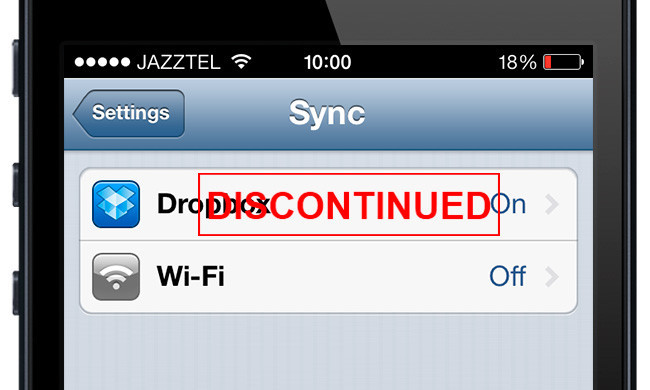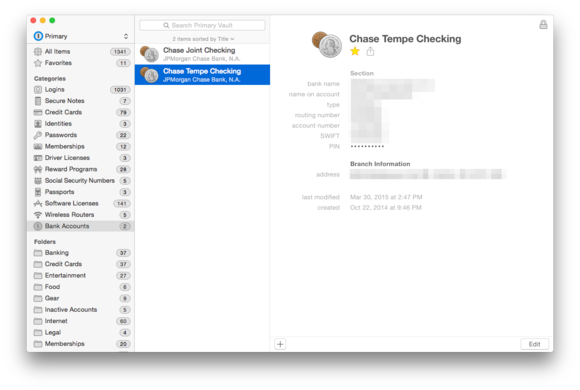

- #1password pro login software
- #1password pro login password
#1password pro login password
You could also ask your employer if they pay for a password manager “business plan,” which could grant you free access to a premium password client. You can also use Bitwarden to store data in the cloud, of course. Those who are tech-savvy should consider using Bitwarden, an open-source password manager that allows you to store an unlimited number of passwords or secure notes on a local server. Some can store an unlimited number of passwords or secure notes (like credit card info) and support one-to-one secure password sharing (paid password managers allow you to share your information with groups, sort of like a Dropbox link). There are many free password managers out there, but options like Bitwarden or NordPass will probably appeal to the most people.
Password Auditing and Alerts: Free password managers alert you when passwords are compromised and warn you when you reuse passwords. 
But this feature is more common with paid clients, which are often geared toward families.
Sharing: Some free password managers allow you to share your login information through secure encrypted links. It can also keep Wi-Fi passphrases, private notes, bank account numbers, or important files, like tax documents. Store Other Private Info: Your dedicated password managers can store more than just passwords. Credit Cards and Addresses: Like browser-based password managers, free password managers can store your payment info for easy checkout. Save, Sync, and Generate Passwords: Free password managers have all the basic password storage and generating features that you get with a browser-based manager, along with a few extra features, like the option to choose a generated password’s length or content. Here are some features that are common in free password managers: 
Yeah, you’ll miss out on some of the fancy features that come with a paid client, but the free versions of NordPass, Bitwarden, and other password managers are much more robust (and potentially more secure) than their browser-based counterparts. If you want to access your passwords from any browser or OS but don’t want to pay a monthly fee, then it’s time to sign up for a free password manager. Can You Get By With a Free Password Manager? Bitwarden Thankfully, dedicated password managers aren’t all that expensive, and free versions of clients like Dashlane may suit your needs just fine. For better peace of mind and password syncing across all your devices and applications, you’ll need a dedicated password manager. A standout example is Google’s Password Checkup, which can alert you to weak, repeated, or compromised passwords.Īgain, web browsers don’t have the best track record for security (Chrome and Firefox used to store passwords in plaintext), and the lack of forced security measures in browsers, such as two-factor authentication, suggests that these browsers prioritize convenience over security. Special Features: Some browser-based password managers have special features that are usually reserved for paid software.Better yet, these password managers can use your fingerprint scanner (or Face ID on iPhone) as a “master password.”
#1password pro login software
Google and Apple: Google Password Manager and Apple Keychain are the most robust browser-based password managers, as their capabilities expand into Android/Chrome OS and iOS/macOS respectively for software and app support. This option is rarely enabled by default, and it isn’t available in Microsoft Edge at the time of writing. Master Password: You can program your browser to ask for a master password before it provides access to your saved passwords. Credit Cards and Addresses: You can save your credit cards and addresses to a browser-based password manager for quick checkout. (Dedicated password managers give you more control over the length and content of randomly-generated passwords.) Generate Passwords: Browsers will ask if you want to generate unique passwords when signing up for a website. Save and Sync: You can sync passwords across all devices, so long as you use the same browser on each device. Here are some features that are common in browser-based password managers: I suggest avoiding your browser’s password manager if you regularly access sensitive information (such as work accounts), or at the very least, tell your browser not to remember sensitive login data. Using one may put your most valuable accounts at risk, even if you use a unique password for every site and set up a “master password” to keep away prying eyes. Not to mention, browser-based password software is vulnerable to malware.







 0 kommentar(er)
0 kommentar(er)
